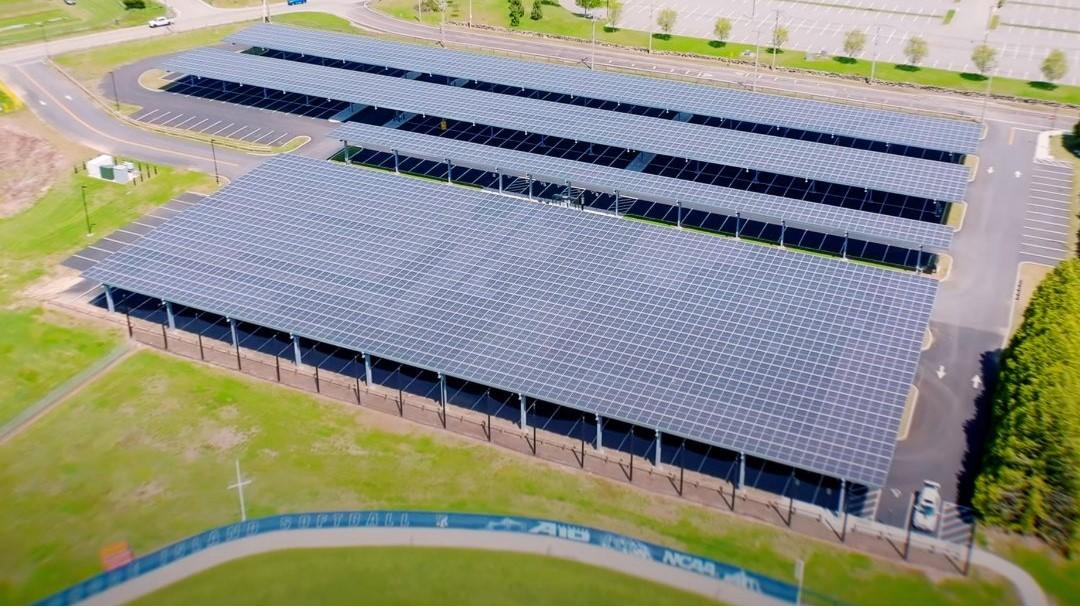The University of Rhode Island is working on a master plan to become a carbon neutral university by 2050, increasing energy efficiency and sustainability on campus.
All electricity for URI campuses are from renewable sources like solar, water, wind and nuclear energy, according to Bob Bozikowski, the assistant director of utilities. Energy generators have various sources of energy used to meet the state demand of electricity.
“Sixty-five percent of energy [URI uses] is from solar,” Bozikowski said.
URI committed to an extensive energy conservation project from 2005 to 2020, according to Bozikowski. The project started with energy audits, how much energy used by a building and how to reduce it.
“If our buildings are more energy efficient, then we’re using less heat to keep them warm,” Bozikowski said. “If our lighting equipment is more energy efficient, then we’re using less electricity.”
Fossil fuels are still used for heating in buildings, but since 2009, all URI new buildings have been built to be lead certified, according to Bozikowski. This indicates that the buildings have peak energy efficiency.
The solar canopy over the Plains Road Parking Lot is owned by NORESCO , a solar developer, according to Bozikowski. The university worked with NORESCO and signed a contract buying the energy generated by solar panels.
URI contracted with an engineering firm to prepare an energy and carbon reduction master plan in May, according to Bozikowski. This plan will review all energy uses in buildings, including heat and air conditioning, to continue developing a plan to be carbon neutral by 2050.
“We are looking at reducing our energy usage costs, and for the energy usage itself, we are looking at system upgrades,” said Bismark Kyere Yeboah, URI’s energy manager.
URI Facilities switched most building lights to LED, according to Bozikowski. LED lights are known to use extensively less energy than other lightbulbs.
“The challenges we face is eliminating fossil fuels in heating,” Bozikowski said. “It’s going to be expensive so the university is actively developing a plan to do that.”
The energy and utilities personnel met several times to discuss the plan toward carbon neutrality, according to Yeboah. They are working to cut project costs and raise funding.
Bozikowski said that Rhode Island and the federal government can help fund these projects.
“Our global society has determined that we need to manage [the] climate,” Bozikowski said. “I think a college campus is a great place, and colleges and universities have always kind of been the leaders in innovation.”
The university is making steps toward cost-effective renewable energy, according to Bozikowski. It implemented system upgrades like weather-proofed buildings. The next step is to remove fossil fuels from heating on its campuses.

